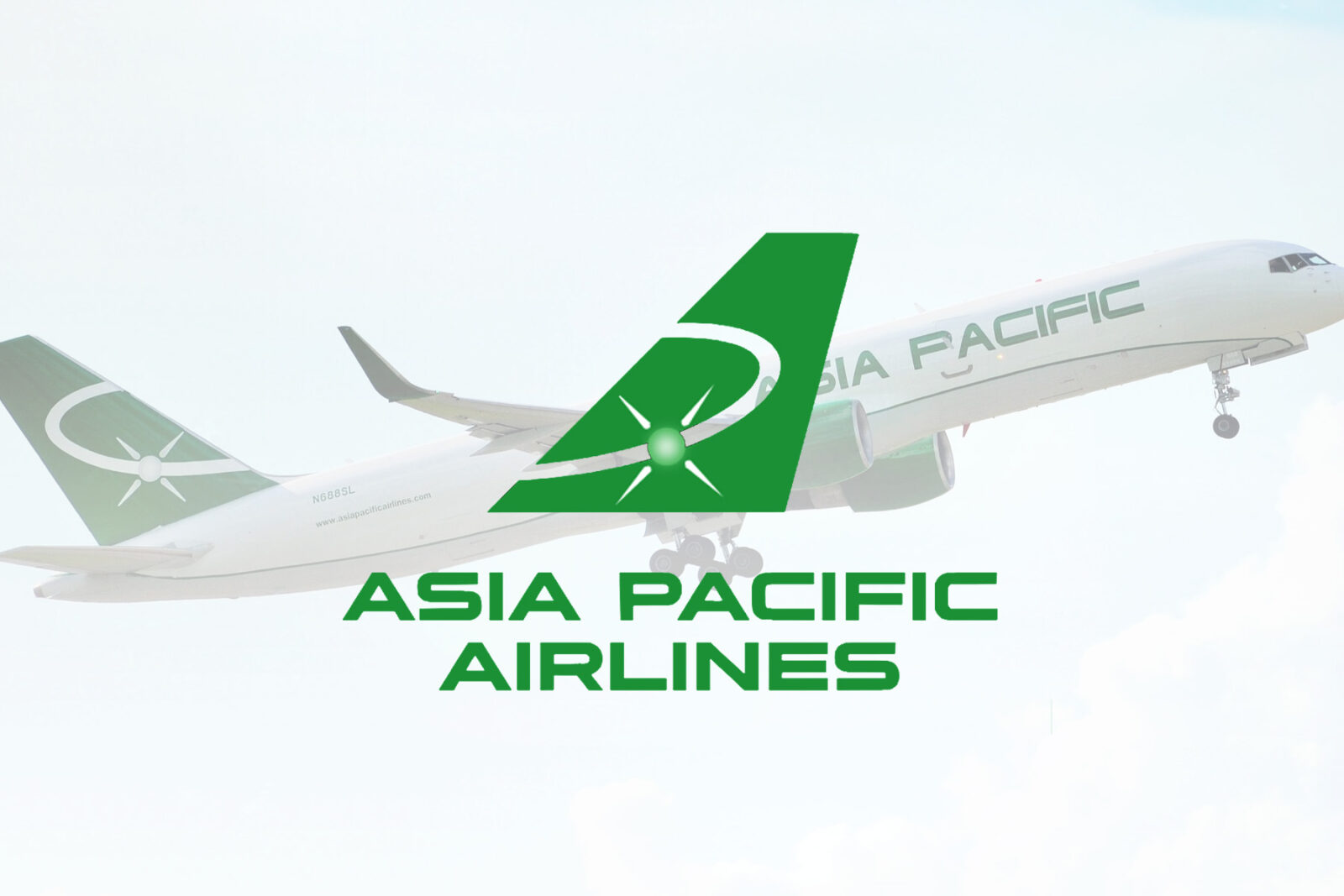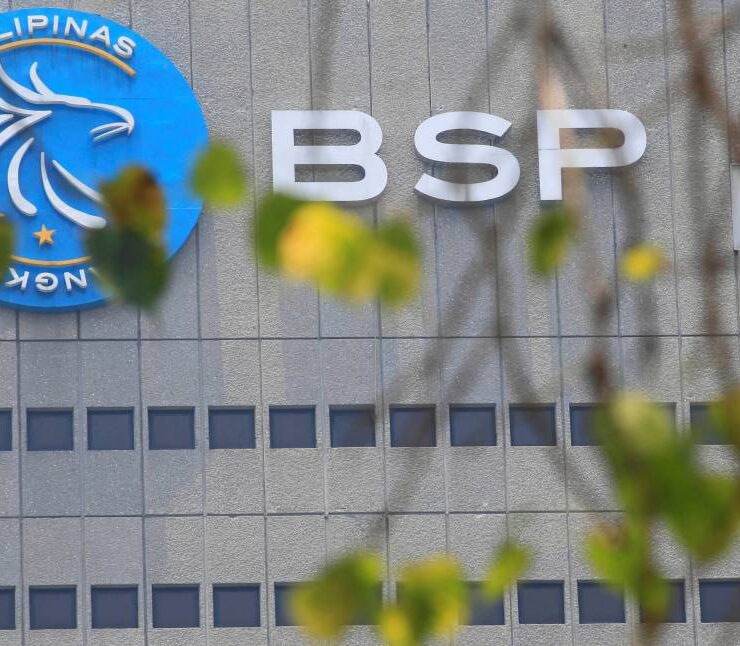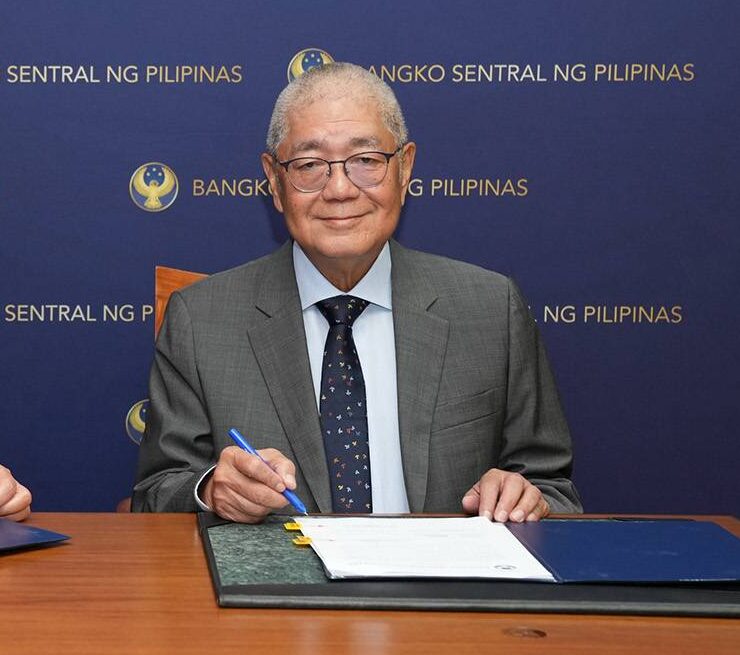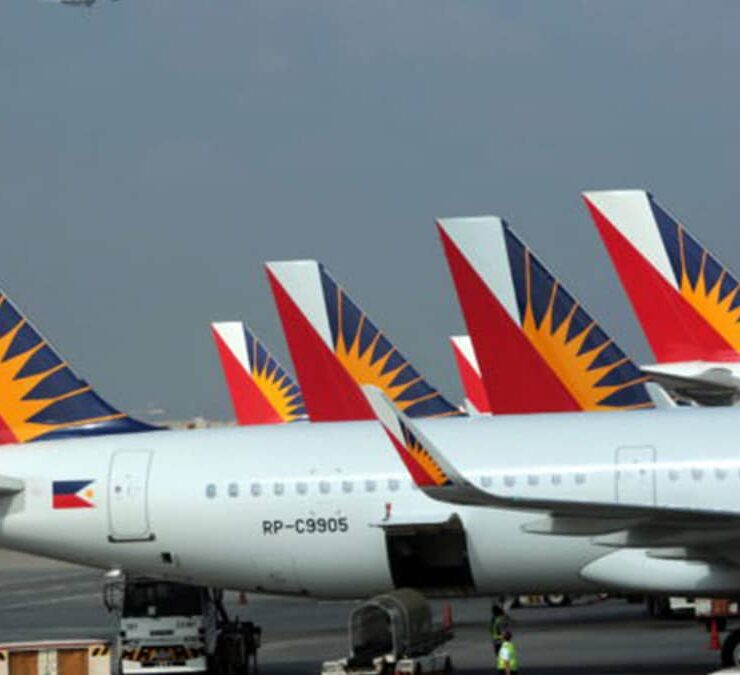Trump’s tariff war to weaken travel demand, say airlines

Travel demand may slow down in the coming months as US President Trump’s tariffs cast shadow over the global economy, according to the Association of Asia Pacific Airlines (AAPA).
AAPA director general Subhas Menon, in a statement, said the aviation sector would not be spared from the potential impact of the US tariffs.
“The sweeping US tariff announcements have resulted in volatile activity across the world’s stock markets, casting uncertainty over the outlook for Asia’s export-oriented economies, many of which serve as major manufacturing hubs,” Menon said.
On April 2, Trump announced the imposition of at least a 10-percent tariff on all shipments entering America’s shores.
“This could weigh on consumer and business sentiment, potentially softening passenger and cargo demand in the coming months,” he added.
Supply chain issues
Apart from this, Menon said airlines were still dealing with supply chain issues affecting aircraft spare parts. This is seen to delay aircraft deliveries, which can also derail airlines’ expansion plans, he added.
“As a result, airlines face elevated operating costs, including high maintenance, leasing and personnel expenses,” Menon said.
In the first quarter, Asia Pacific airlines flew 95.6 million international passengers, showing a 13-percent increase from the previous year.
Passenger load factor for the period improved by 1.2 percentage points to 82.5 percent.
Passenger load factor measures the percentage of available seating capacity in an aircraft. A higher figure means higher occupancy or more tickets sold.
The AAPA official attributed better passenger movement to more overseas routes, easing of visa requirements and strong economic performance in the region.
Cargo volume handled by Asia Pacific airlines, meanwhile, rose by 5 percent.
“Anticipation of US tariff announcements prompted front-loading of air shipments on selected routes, while robust e-commerce activity continued to support overall demand,” Menon explained.
According to International Air Transport Association (IATA), demand for air cargo grew by 9.6 percent in Asia Pacific last March, growing faster than the global average of 4.4 percent.





















What we can learn from the women of San Miguel, Bulacan